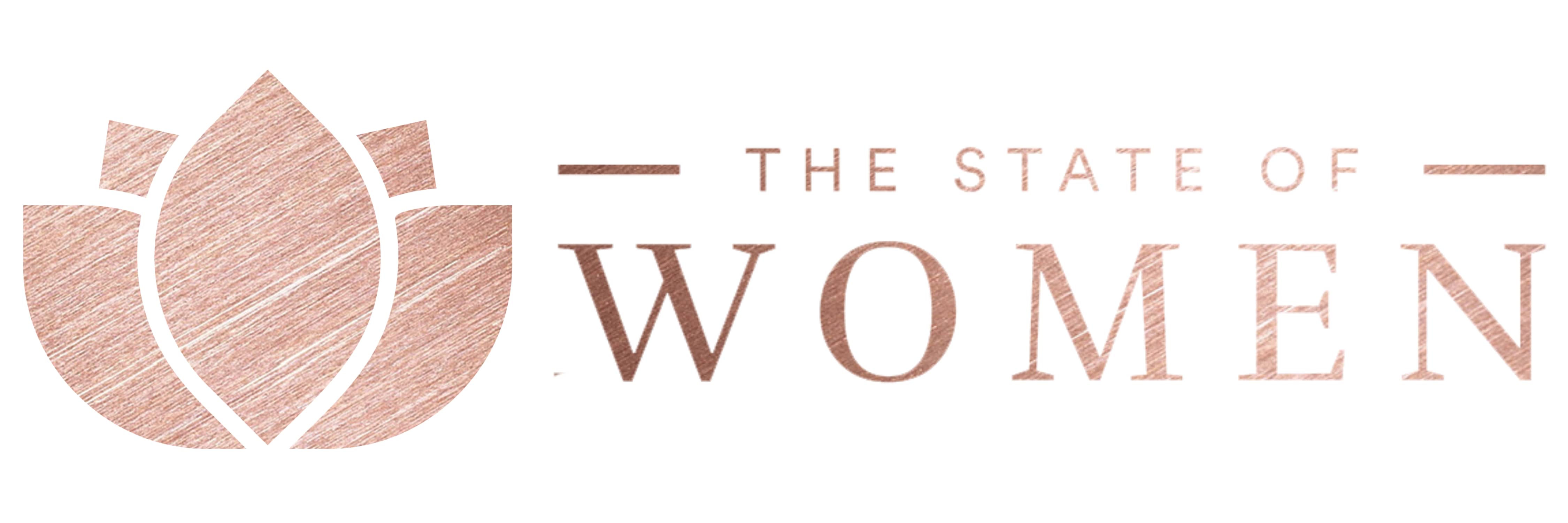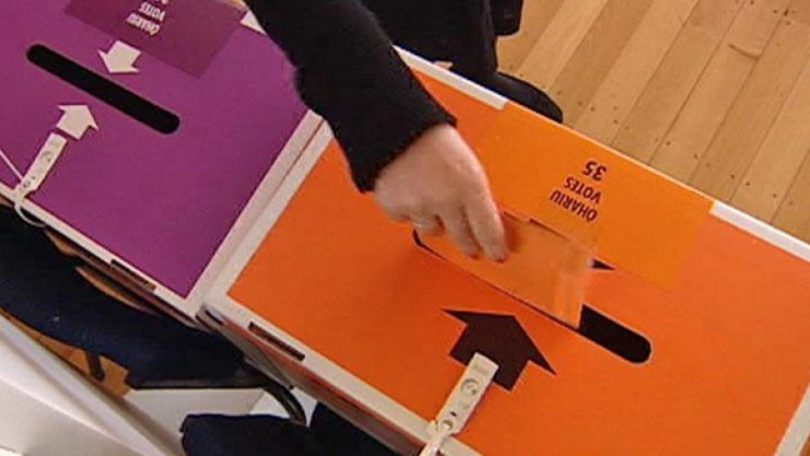New Zealanders, like many around the world, take it for granted that women have the right to vote–especially because New Zealand was the first country to guarantee women the right. However, it’s a right that wasn’t won without a fight.
Since gaining the right to vote, women themselves have been elected to positions including Prime Minister, Governor General, Speaker of the House of Representatives, Attorney General and Chief Justice. On Suffrage Day, a day to reflect on the progress made so far and the work still to be done, it’s encouraging to see this report from ONE News that women are actually more likely to vote in New Zealand than men are. While it’s crucial that everyone show up to vote, a continuous chain of involvement of women—from the ballot to the boardroom to the highest offices—guarantees women’s voices will be heard.
Read below and click through for the full report and video by ONE News.
ONE News – New Zealand’s female voters outnumber their male counterparts and they are more likely to exercise their right to vote.
In 1893, New Zealand became the first nation in the world to grant women the vote and Suffrage Day, September 19, this year coincides with local government voting papers starting to go out.
Statistics NZ surveys show that women are more likely than men to cast their vote at both general and local elections.
In a survey after the 2011 general election, more than 80 per cent of women said they voted, compared with 77 percent of men.
The turnout is lower for local body elections, although women (less than 65 per cent) again top men (62 percent) for participation.
Statistics NZ says figures from the 2013 census showed that there were 1.66 million voting-age women in the country, outnumbering men by 137,000.



